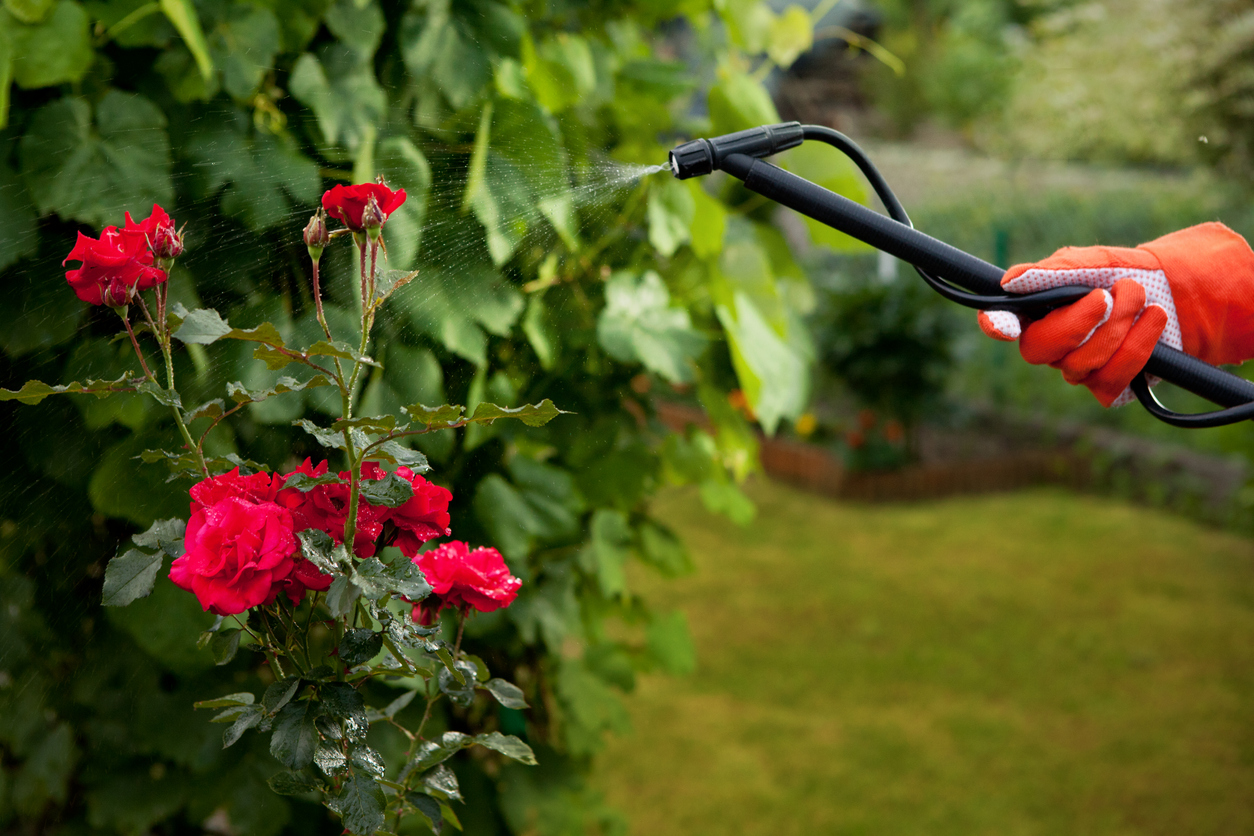Maintaining a healthy garden requires more than just regular watering and pruning; it involves managing pests and invasive plants effectively. Weeds and pests can quickly turn a beautiful garden into a battleground, competing with desirable plants for nutrients and space. Understanding how to control these nuisances is essential for any gardener aiming to preserve the integrity and beauty of their green spaces.
Weeds are more than just an eyesore; they are opportunistic invaders that can outcompete garden plants for essential resources like water, light, and nutrients. Invasive plants often have aggressive growth habits and can spread rapidly if not controlled. This can lead to reduced biodiversity and the decline of native plants. Effective weed management starts with early identification and consistent control measures.
Manual removal of weeds is one of the most effective methods, especially when dealing with small infestations. Pulling weeds by hand ensures that the entire root system is removed, preventing regrowth. However, this method can be labor-intensive and impractical for larger areas. In such cases, using appropriate tools like hoes or weed pullers can make the task easier and more efficient.
Chemical control methods, including herbicides, offer another layer of defense against invasive plants. When using herbicides, it’s crucial to select products that target specific types of weeds without harming garden plants. Environmentally friendly options are available that minimize impact on surrounding flora and fauna. Always follow application guidelines to ensure safety and effectiveness.
Mulching is a proactive strategy that helps suppress weed growth by blocking sunlight and reducing the germination of weed seeds. Organic mulches like straw, wood chips, or compost not only inhibit weeds but also improve soil health by adding nutrients as they decompose. Applying a thick layer of mulch around garden plants can create a formidable barrier against weeds.
Garden pests pose another significant challenge. Insects such as aphids, caterpillars, and beetles can cause extensive damage to plants by feeding on leaves, stems, and roots. Integrated Pest Management (IPM) is a holistic approach that combines different strategies to manage pests sustainably. This includes biological control methods, such as introducing beneficial insects that prey on garden pests. Ladybugs, for example, are natural predators of aphids and can help keep their populations in check.
Cultural practices also play a vital role in pest management. Rotating crops, choosing pest-resistant plant varieties, and maintaining garden hygiene can reduce the risk of pest infestations. Regularly inspecting plants for signs of pests and taking early action can prevent minor issues from becoming major problems.
Using organic and environmentally sound pest control products can protect your garden without harming beneficial insects or the environment. Neem oil, insecticidal soaps, and diatomaceous earth are examples of organic treatments that are effective against a range of garden pests. These products can be used as part of an IPM plan to manage pest populations while preserving the ecological balance.
For those facing persistent weed and pest issues, seeking professional assistance can provide peace of mind and effective solutions. Harpoon Pest Solutions offers expert pest management services tailored to individual needs. Since 2003, Harpoon Pest Solutions has been safeguarding properties in Philadelphia and the surrounding suburbs with environmentally sound solutions. Their commitment to customer satisfaction and comprehensive pest analysis ensures that your garden remains healthy and vibrant. With an entomologist on staff, Harpoon Pest Solutions can accurately identify and address specific threats, helping you maintain a beautiful, pest-free garden.

